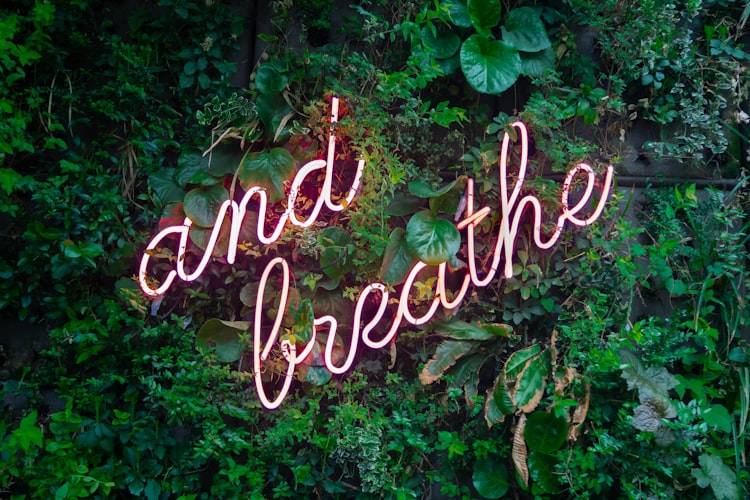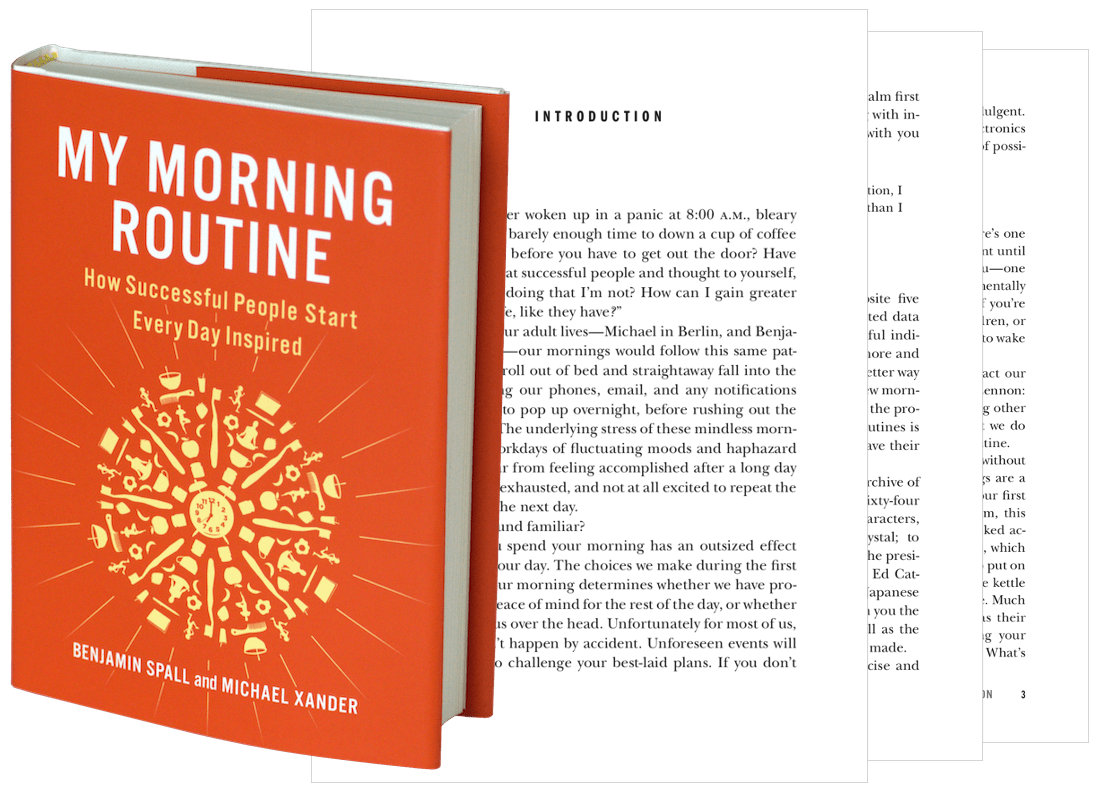What Works for You

In a recent article for The Huffington Post (republished on Medium) I spoke of the hidden brilliance of late risers; something my research on the topic showed is rarely spoken of. I ended the article with:
Late risers shouldn’t feel pressured into ‘becoming’ an early bird. One isn’t better than the other; the most important thing is you know what works for you.
And it’s true. In the same way that late risers shouldn’t feel pressured into ‘becoming’ an early bird, an early bird shouldn’t feel pressured in the opposite direction.
What works for you is so much more important than what works for me, what works for your partner, or what works for your friends and social group.
Of course, as commented on in the article, if you have a job that requires you to work a ‘standard’ work day, or you have children, doing what works for you is significantly harder for late risers than early risers. And this sucks, it truly does. But that doesn’t mean you can’t accept this and work with it to improve the quality of your mornings, if only slightly.
Doing what works for you doesn’t mean doing what you want, when you want. Some of us are lucky enough to choose when we sleep, work, and eat lunch; but for those of us that aren’t; at least when we figure out when we’re most productive we’re on the road to improving the quality (and quantity) of our output.
And hopefully, we’re getting enough sleep along the way. ∎




